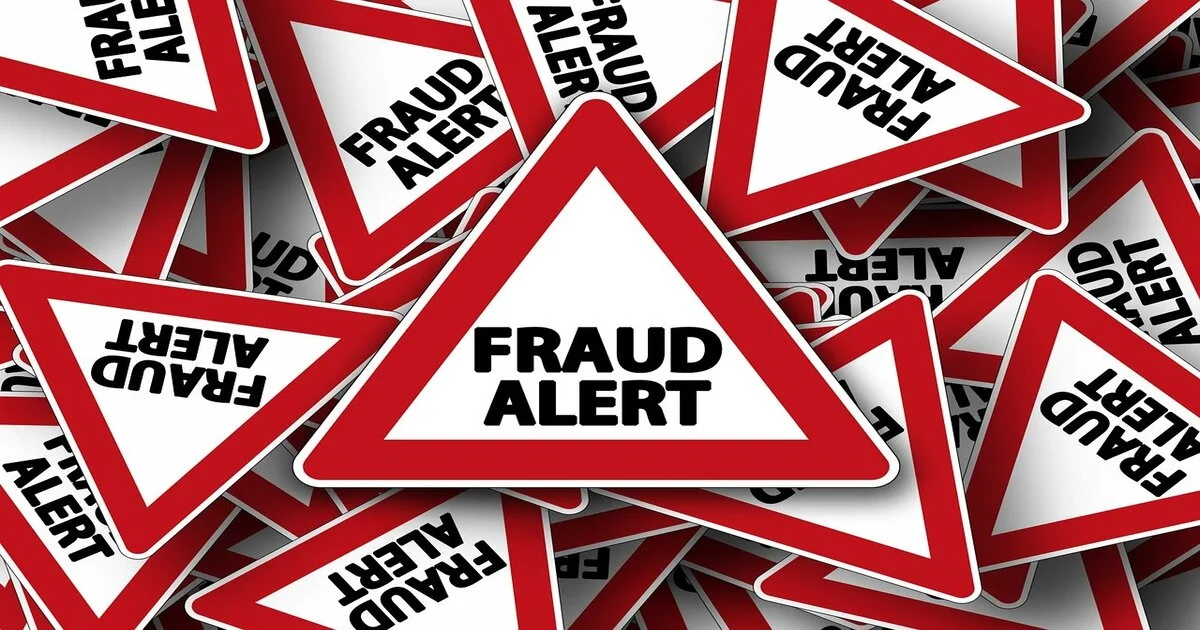Property Fraud is increasing rapidly
Property fraud poses a significant threat to homeowners across the United Kingdom.
This malicious activity involves criminals deceitfully acquiring ownership of a property, often leading to substantial financial losses and legal complications for the rightful owners.
Recent incidents have underscored the urgency of understanding and mitigating such risks.
The Rising Threat of Property Fraud
In recent years, the UK has witnessed a concerning increase in property fraud cases. Notably, there has been an 84% rise in digitally-driven property fraud targeting homeowners and landlords.
This surge highlights the evolving tactics of fraudsters and the pressing need for vigilance among property owners.
Common Methods Employed by Fraudsters
Understanding the strategies used by criminals is crucial in safeguarding one’s property. Common methods include:
- Identity Theft: Fraudsters steal personal information to impersonate property owners, enabling them to sell or remortgage properties without consent.
- Forged Documents: Criminals create counterfeit documents to transfer property ownership illicitly.
- Interception of Mail: By redirecting or stealing mail, fraudsters gain access to sensitive information, facilitating fraudulent transactions.
A notable case involved a homeowner whose identity was stolen, leading to the unauthorised sale of her property.
The fraudster intercepted her mail and used forged documents to transfer ownership, resulting in a prolonged legal battle to reclaim her home.
High-Risk Properties
Certain properties are more susceptible to fraud, including:
- Vacant Properties: Unoccupied homes, especially those without regular oversight, are prime targets.
- Rental Properties: Landlords not closely monitoring their properties may be unaware of fraudulent activities.
- Mortgage-Free Properties: Homes without mortgages often lack lender oversight, making unauthorised transactions easier.
Preventative Measures for Homeowners
To protect against property fraud, homeowners should consider the following steps:
Register Your Property with HM Land Registry
Ensuring your property is registered provides legal proof of ownership and simplifies the process of rectifying fraudulent transactions. Unregistered properties are at a higher risk of fraudulent claims.
Set Up Property Alerts
HM Land Registry offers a free Property Alert service that notifies you of any significant activity concerning your property, such as applications to change ownership details.
This early warning system enables prompt action against potential fraud.
Place a Restriction on Your Title
Adding a restriction means that the HM Land Registry cannot register a sale or mortgage on your property unless a conveyancer or solicitor certifies the application was made by you. This adds an extra layer of security against unauthorised transactions.
Maintain Up-to-Date Contact Information
Ensure that HM Land Registry has your current contact details, including email and physical addresses. This guarantees you receive timely notifications about any activity related to your property.
Safeguard Personal Information
Be cautious about sharing personal details and ensure that sensitive documents are stored securely. Shred unnecessary documents containing personal information to prevent identity theft.
Regularly Monitor Your Property
For vacant or rental properties, conduct regular inspections to ensure no unauthorised activity has occurred. Engaging reputable property management services can assist in maintaining oversight.
The Role of Legal Professionals
Solicitors and conveyancers play a pivotal role in preventing property fraud.
They are responsible for verifying the identities of parties involved in property transactions and ensuring the legitimacy of documents. Engaging experienced and reputable legal professionals can significantly reduce the risk of fraud.
Responding to Suspected Fraud
If you suspect that your property is at risk or has been subjected to fraudulent activity:
- Contact HM Land Registry: Report your concerns promptly to initiate protective measures.
- Seek Legal Advice: Consult a solicitor experienced in property law to explore your options and take appropriate legal action.
- Notify the Police: Property fraud is a criminal offence; involving law enforcement is crucial for investigation and potential prosecution.
Emerging Trends in Property Fraud
Rise in Digital Fraud
With the increasing digitisation of property transactions, cybercriminals are exploiting weak security measures to commit fraud.
Fraudsters use phishing attacks, malware, and data breaches to gain unauthorised access to property-related documents and personal information.
Property owners must use strong passwords, enable two-factor authentication, and avoid suspicious emails or links.
Deepfake Technology and Synthetic Identities
Criminals are now leveraging deepfake technology to create convincing fake identities, allowing them to impersonate property owners more effectively.
This makes traditional identity verification processes less reliable, necessitating advanced biometric authentication and enhanced scrutiny in property transactions.
Increased Fraudulent Tenancy Agreements
Scammers pose as landlords or letting agents, illegally leasing properties they do not own.
They collect deposits and rental payments from unsuspecting tenants before disappearing. Renters must verify landlord credentials and cross-check property ownership through official records before making payments.
Government Initiatives to Combat Property Fraud
Strengthening Land Registry Security
The UK government is continuously improving security measures within HM Land Registry to detect and prevent fraudulent transactions.
AI-driven fraud detection systems and enhanced due diligence requirements for property transactions are being implemented to curb fraud.
Stricter Know Your Customer (KYC) Regulations
Regulators are imposing stricter KYC requirements on conveyancers and estate agents to verify buyer and seller identities rigorously. These regulations help prevent fraudulent transactions by ensuring only legitimate parties engage in property transfers.
Public Awareness Campaigns
Authorities are increasing efforts to educate homeowners on property fraud risks through campaigns, workshops, and online resources. Increased public awareness ensures property owners stay vigilant and take necessary precautions.
Useful Links
- HM Land Registry Property Alert Service – Visit here
- Royal Institution of Chartered Surveyors (RICS) on Property Fraud – Visit here
- The Law Society – Property Fraud Advice – Visit here
Conclusion
Property fraud represents a serious and evolving threat to homeowners in the UK. Fraudsters continually develop new methods to exploit vulnerabilities, but proactive measures can mitigate risks.
By leveraging HM Land Registry services, working with legal professionals, and staying informed about emerging fraud trends, property owners can protect their assets from criminal activities.
Ongoing government initiatives and technological advancements will further enhance security, ensuring a safer property market for all.
The British Landlords Association is a national landlord association for UK landlords and one of the largest landlord associations in the UK. Join us now for £79.95!
Our top read blogs:
How to Defend a Rent Repayment Order (RRO)
Disclaimer:
This post is for general use only and is not intended to offer legal, tax, or investment advice; it may be out of date, incorrect, or maybe a guest post. You are required to seek legal advice from a solicitor before acting on anything written hereinabove.





